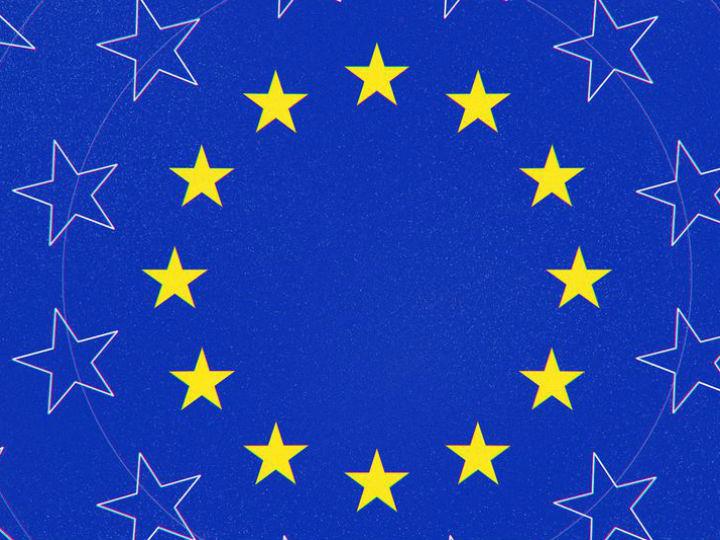by Giles Merritt*
The EU doesn’t often tell it like it is. Even its direst warnings tend to be wrapped in lengthy and impenetrable reports that scarcely dent public opinion. But there are signs the new team in Brussels is going to change all that. One came from Josep Borrell, the EU’s ‘foreign minister’, the other from Commission president Ursula von der Leyen.
Borrell controversially doubted on TV in his native Spain that climate change demonstrators are willing to pay the price of a reduction in living standards – a question so far carefully avoided by the EU and its member governments. And von der Leyen broke with protocol to slap down Boris Johnson by singling him out instead of referring broadly to the UK. Speaking to the European Parliament, she ridiculed his ideas for an ‘Australian model’ Brexit since there has never been an EU trade agreement with Australia.
Perhaps both instances suggest a more steely determination by the new EU leadership to press member states for tougher measures, and to reach out to public opinion by telling voters truths that most of their national politicians avoid. Let’s hope so, because EU-level politics have long been too polite and diplomatic.
No one yet knows the size of the next EU budget, nor what the Green Deal will actually cost
Two major bust-ups threaten to test such resolve. The first is when EU heads of government arrive in Brussels later this week to try and break their deadlock on financing the Union’s 2021-27 budget. The second will become apparent next month, when draft legislation for the Commission’s much-publicised €1 trillion Green Deal reveals some of its true costs to the European economy and to voters.
It will not just affect Big Business; it will also hit the poorer sections of European society that increasingly support populist parties. When Ursula von der Leyen celebrates her Commission’s first hundred days on March 9, the EU’s finances and its climate change plans may have combined into a potentially explosive mixture.
No one yet knows the size of the next EU budget, nor what the Green Deal will actually cost. Even if the EU’s richer northern states reluctantly accept the Commission’s case for €1.25 trillion in EU spending over seven years, that pales against the €3 trillion in green investments Brussels is urging by 2030 if Europe is to achieve carbon neutrality by mid-century.
The good news is that the EU is winning back people’s confidence, so its influence on popular attitudes may be growing
Most of that has to be private sector investment, but inevitably that entails huge sacrifices by European civil society as a whole. Switching from fossil fuels to renewables, along with all the other changes, imposes high costs on consumers with the poorest households inevitably bearing the heaviest burdens. Mr Borrell was right to question the extent of private citizens’ environmental commitments.
The good news is that the EU is winning back people’s confidence, so its influence on popular attitudes may be growing. Eurobarometer’s recent polling showed that just over 60 per cent of people interviewed are optimistic about the EU’s future, with more than half saying they now put their trust in it.
This climb-back from the dog days of euro-pessimism should give the von der Leyen Commission the confidence to level with public opinion across Europe, sometimes by-passing EU member governments’ information filters. The EU must be bolder and more outspoken if it is to regain its internal cohesion and recover its original lead on saving the planet. Those Eurobarometer findings are telling us to fix the roof while the sun is shining.
*Founder and Chairman, Friends of Europe
**first published in: www.friendsofeurope.org




 By: N. Peter Kramer
By: N. Peter Kramer

